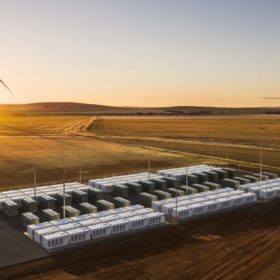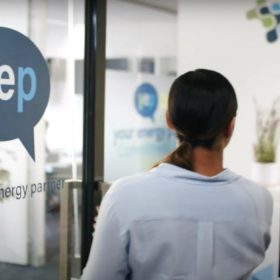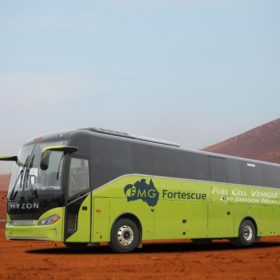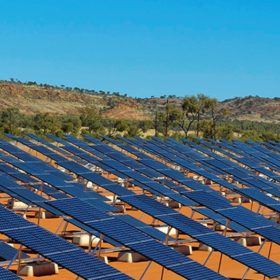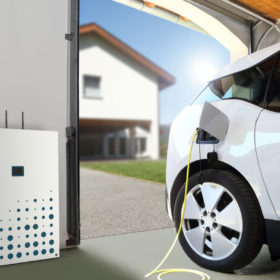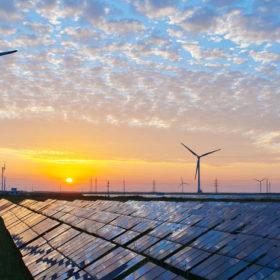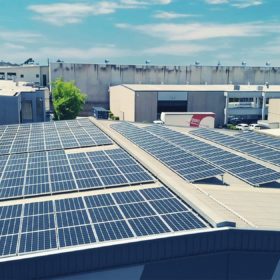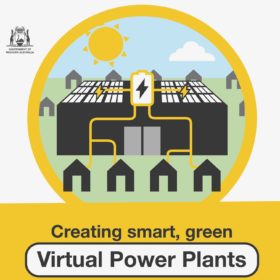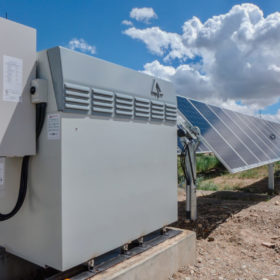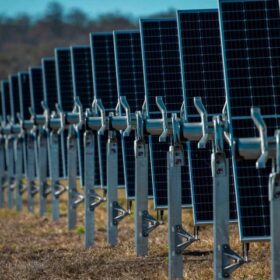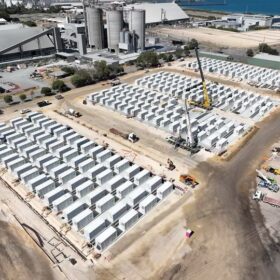Energy storage and network reinforcement
As renewables penetration increases, transmission and distribution (T&D) infrastructure will require significant reinforcement. Battery storage is becoming a key alternative to traditional ways of reinforcing network infrastructure, because it is fast to deploy, can provide multiple services, and often comes at a lower capital cost. IHS Markit analyst Oliver Forsyth delves into the additional value streams that strengthen the case for grid-connected batteries.
How solar matchmaking is making a splash on social media
Your Energy Partner is a solar broker that matches clients and solar retailers around Australia. The company, only launched in May 2019, is rising rapidly, partly thanks to its attitude to social media which encourages young first home buyers. YEP sat down with pv magazine Australia for a Q&A.
WA Recovery Plan commits $22 million toward green hydrogen initiatives
Western Australia’s Recovery Plan continues to grow greenery as more renewable aspects of the state’s stimulus package come to light, specifically solar light that is. The state government has committed $22 million toward nine green hydrogen initiatives across the state, while also bringing forward its Renewable Hydrogen Strategy targets a decade and topping up the green hydrogen fund.
Batteries to help Alice Springs secure its renewable energy future
An ARENA-backed project will focus on addressing barriers to further renewable energy penetration in the Alice Springs local electricity network.
ARENA-backed Origin Energy trial to demonstrate the value stack of EVs
In the absence of a national carbon-emissions target and a long-awaited EV policy, Origin and the Australian Renewable Energy Agency (on behalf of the Australian Government) are forging ahead with research that will show how coordinated smart-charging of an eventual surge of EV battery storage will benefit consumers and the grid.
CEFC to shift focus from renewables to grid, hydrogen projects
The Australian government’s green bank intends to move beyond solar and wind investment over the coming year and put its capital to work in the nascent green hydrogen industry and grid projects.
AEMC opens consultation on DER integration, solar export charges
The Australian Energy Market Commission (AEMC) is calling for submissions on proposed rule changes that would address the integration of distributed energy resources, including enabling export charges as a pricing tool.
Kalgoorlie high school set to be first in Schools VPP pilot project
The Schools Virtual Power Plant pilot project, part of the WA Government’s $66.3 million investment in solar and batteries in its WA Recovery Plan from the impacts of Covid-19, will see ten schools transformed into VPPs. The two year trial is expected to bring reduced electricity bills to schools, improved grid stability, and increased solar uptake in the local community.
A residential vanadium flow battery
Flow battery manufacturers typically pursue utility scale storage projects but German start-up VoltStorage is targeting the household market.
Making solar + batteries work for all
Trials of large-scale battery capabilities in Australia are showing great promise; behind the meter, households are buying into state-based battery programs and subsidies. Here, ANU’s Dr Lachlan Blackhall talks about the exciting potential for mid-scale community battery storage, future EV storage capacity, and more.
